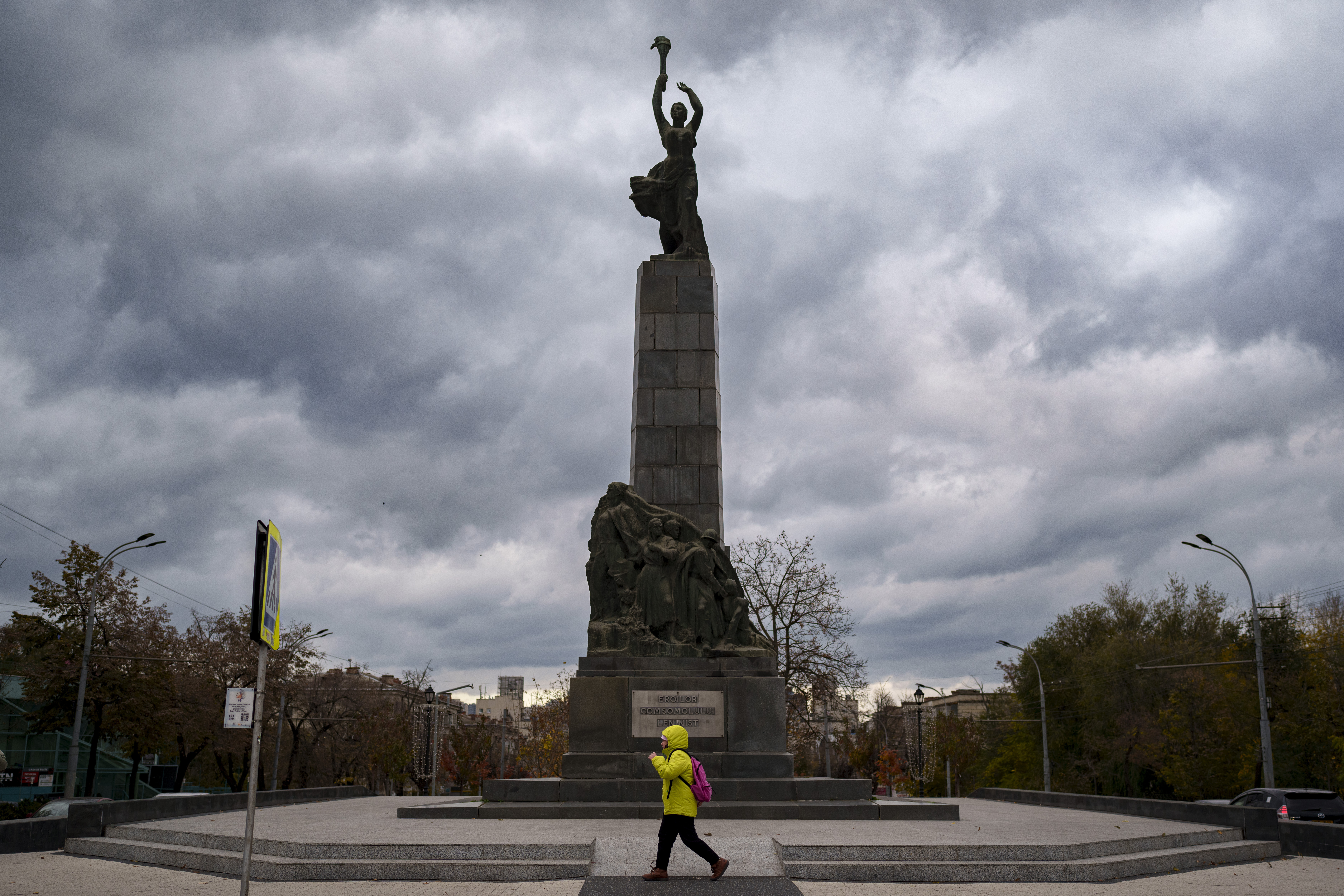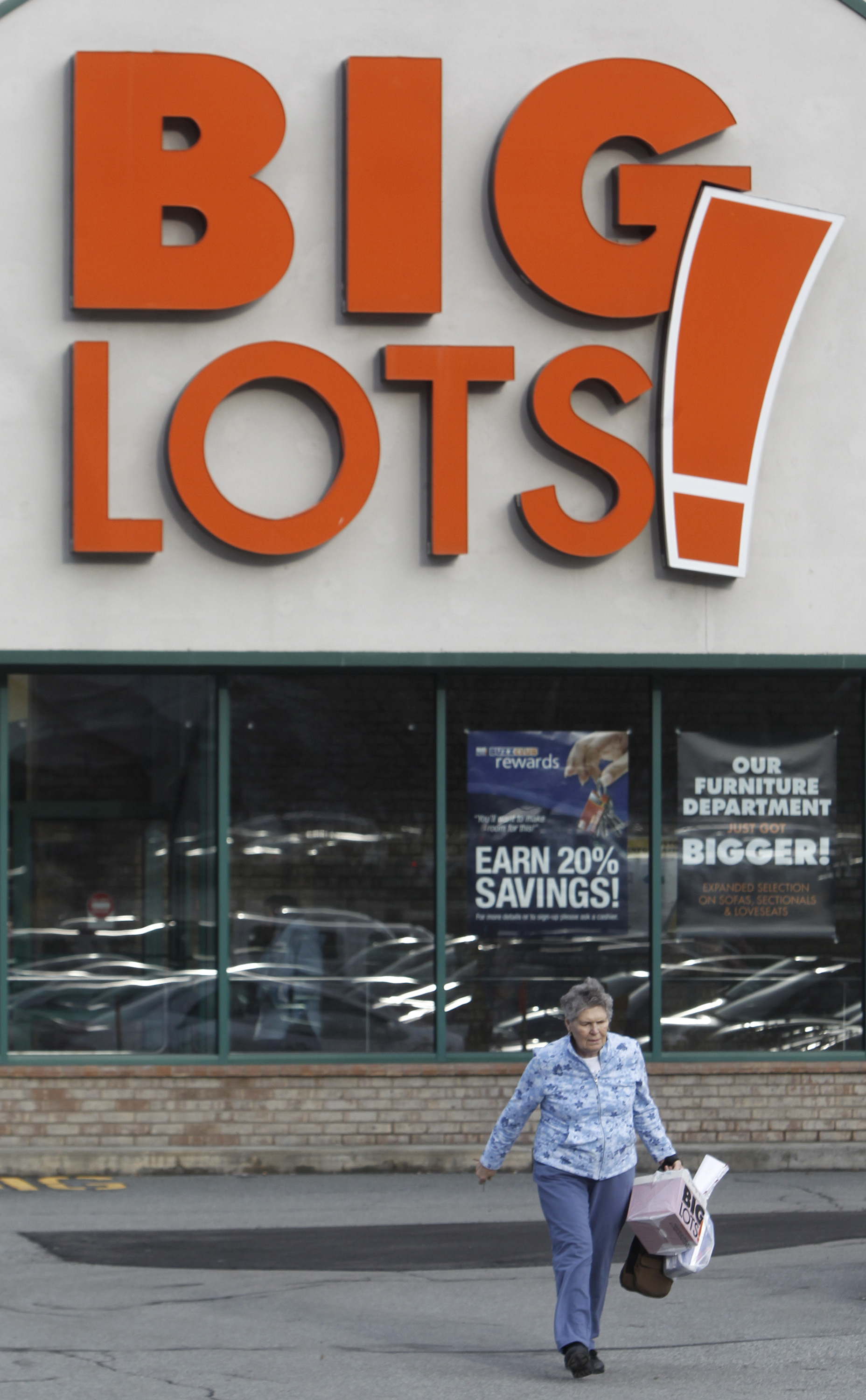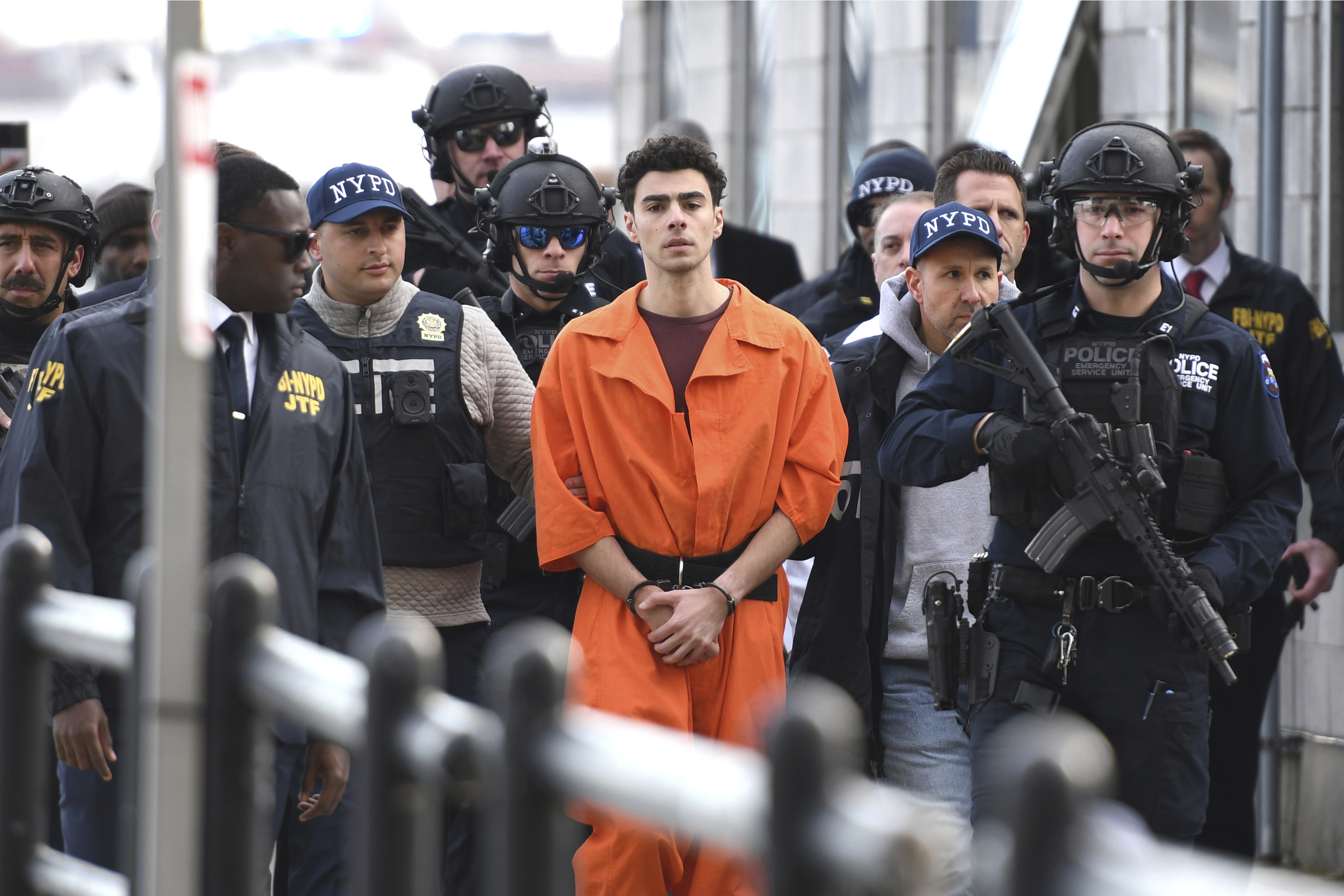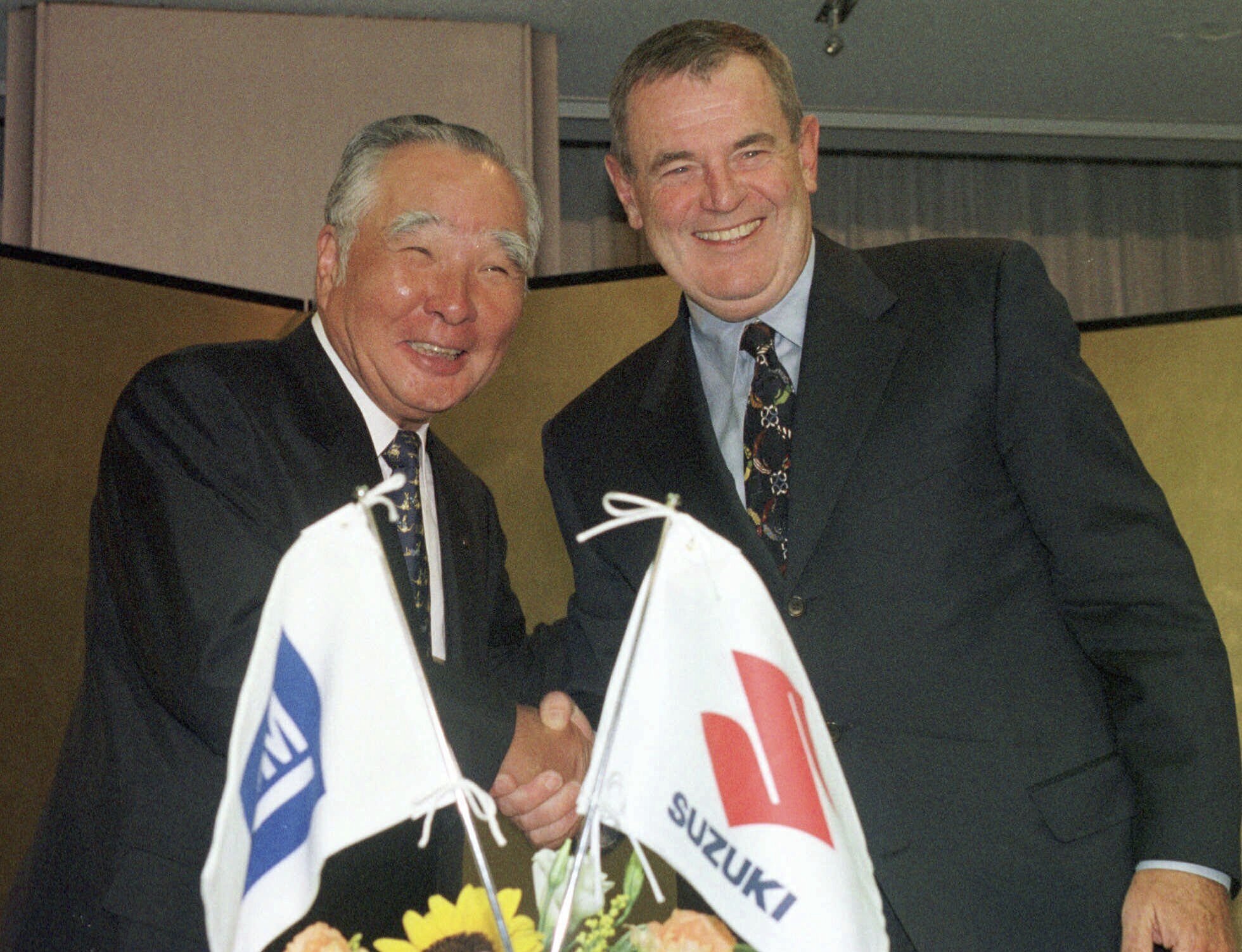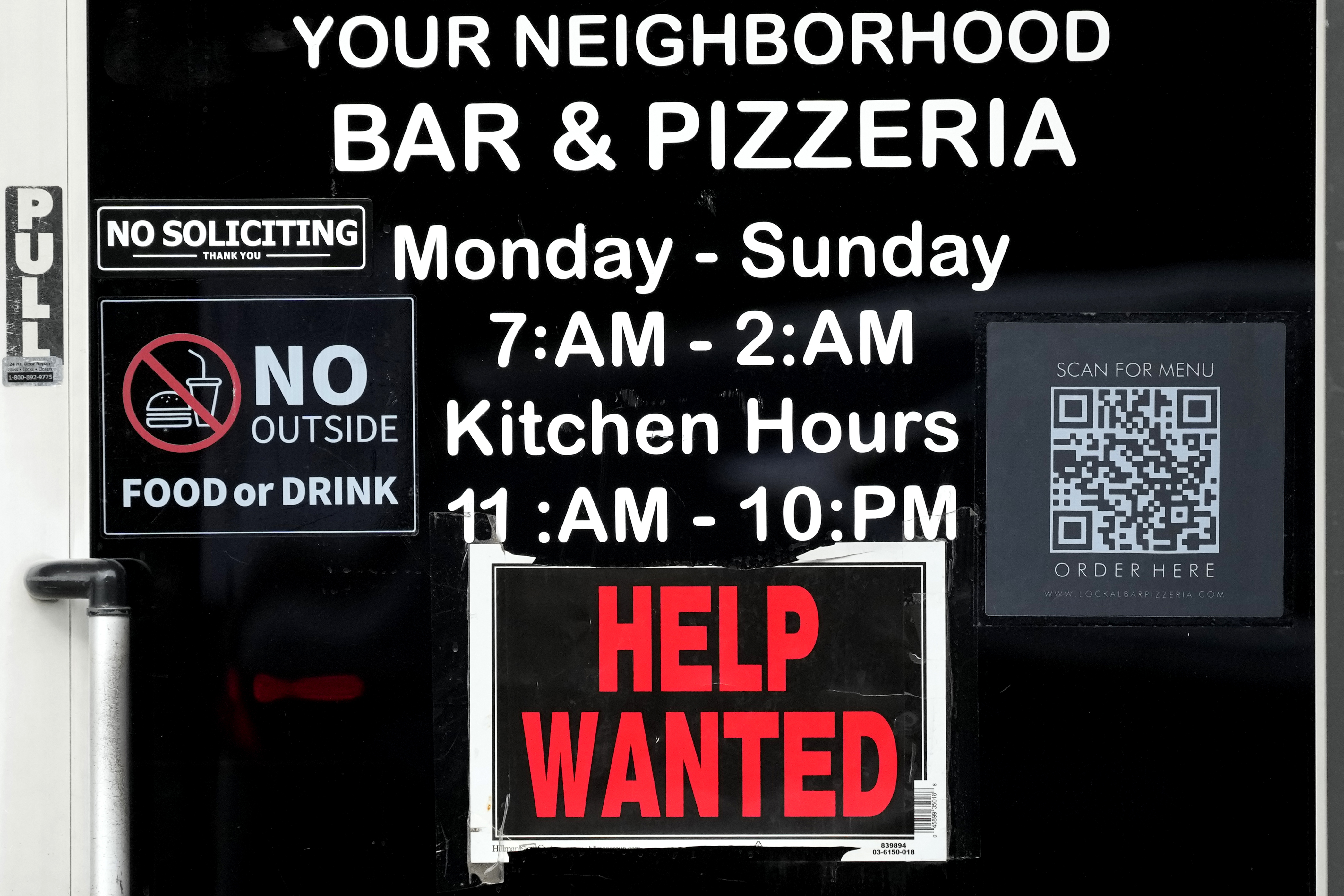CHESAPEAKE, Va. (WAVY) — A Chesapeake man who recently went into cardiac arrest was saved, in part, by his quick-thinking wife and daughter, with their knowledge of CPR and the Chesapeake Fire Department’s state-of-the-art technology making all the difference.
First responders will tell you cardiac arrest calls don’t normally end happily. But Keith Sullivan had an advantage — both his wife and daughter know CPR — and acted fast.
When it’s between life and death—minutes count.
“We arrived and the patient was pulseless and was not breathing,” said Lt. Chad Little with the Chesapeake Fire Department.
On July 9, it was reported that Sullivan was mowing his lawn when he felt tightness in his chest. According to Chesapeake Fire’s Facebook post, he went into cardiac arrest — and his wife and daughter jumped in and started CPR. They continued until paramedics got there, which they say was a huge help.
“And the real key point is what happens between the moment of the cardiac arrest and when we walk in the front door,” Little said. “If we have bystander CPR in progress, … that makes all the difference in the world, literally.”
Because of that, crews were able to begin defibrillation almost immediately.
“Part of the key to success is really getting an early defibrillation, and having compressions going on beforehand really, really helped him out,” said firefighter/paramedic Eric Tencer.
Sullivan showed encouraging neurological signs, so they kept going — seven more times.
“Eight defibrillations is somewhat unusual, but after about 45 minutes, in this case, it worked fantastically,” Little said.
The Chesapeake Fire Department sees between five and seven cardiac arrests a week. And they’ve got all the bells and whistles to nudge the outcome in their favor.
“This is our EleGARD — it actually greatly increases blood flow to the brain,” Little said. We also use a rescue pump. Not only do we compress, but then when we pull up slightly, we decrease the pressure in the chest, which draws more blood into the heart.”
Then they’ll begin the LUCAS—a machine that automatically does compressions when humans get tired.
Then, all of a sudden …
“It was a very exciting time,” Tencer said. “It’s a very, very rare occurrence. It was a huge relief. A talking patient is a great, healthy patient.”
Keith Sullivan is still recuperating. First responders say it’s like recovering from your body being beaten up repeatedly. Crews said his wife and daughter — Cherryl and Camryn — are the real heroes, making them truly, the heartbeat of the home.

